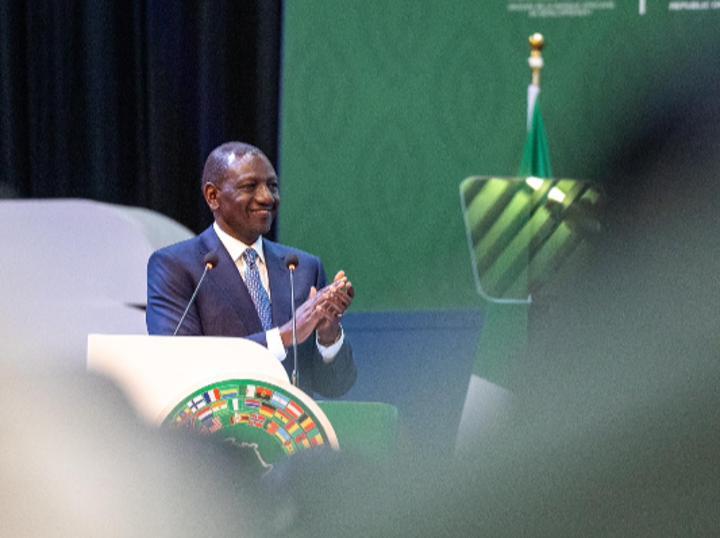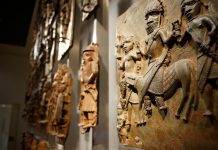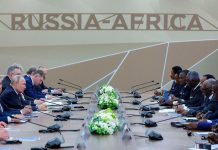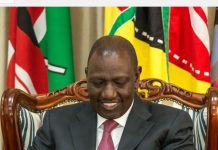Africa-Press – Kenya. President William Ruto has proposed that the size of the Pan-African Parliament should be reduced from 275 to 100 members.
The President said the Pan-African Parliament should be repurposed to make it cost-effective.
“We will also be proposing to have an accountable AU. Today, the Pan-African parliament has no connection to the AU executive. We are proposing that we will reduce the size of the Pan African Parliament to make it much more cost-effective from 275 members to 100 members,” the President said.
He further said the number should constitute one woman and one man from every country and make it a full-time organisation.
The President added that the Parliament should also be allowed to approve the budget of the AU.
“Today, the budget of the AU is approved by people who are not people’s representatives. We want the people of this continent to take charge,” he added.
The President further added that there should be an African Court of Justice to sort out the issues.
He said there is no reason any African should be dragged to courts elsewhere.
The President spoke during the opening of the African Development Bank Annual Meetings in Nairobi. Ruto is the host president.
The Pan-African Parliament (PAP) was set up to ensure the full participation of Africans in the economic development and integration of the continent.
The PAP is intended as a platform for people from all African states to be involved in discussions and decision-making on the problems and challenges facing the continent.
The Parliament sits in Midrand, South Africa.
PAP members are designated by the legislatures of their Member States and members of their domestic legislatures.
The ultimate aim is for the Parliament to be an institution with full legislative powers, whose members are elected by universal suffrage.
The objectives and functions of the Parliament are set out in the Protocol to the Abuja Treaty relating to the Pan-African Parliament and in its Rules of Procedure.
It facilitates and oversees the implementation of AU policies, objectives and programmes.
The Parliament promotes human rights and consolidates democratic institutions and culture, good governance transparency and the rule of law by all AU organs, Regional Economic Communities (RECs) and Member States.
PAP participates in creating awareness among the peoples of Africa on the: AU’s objectives, policy aims and programmes; strengthening continental solidarity, cooperation and development; promoting peace, security and stability; and pursuing a common economic recovery strategy among other responsibilities.
For More News And Analysis About Kenya Follow Africa-Press






